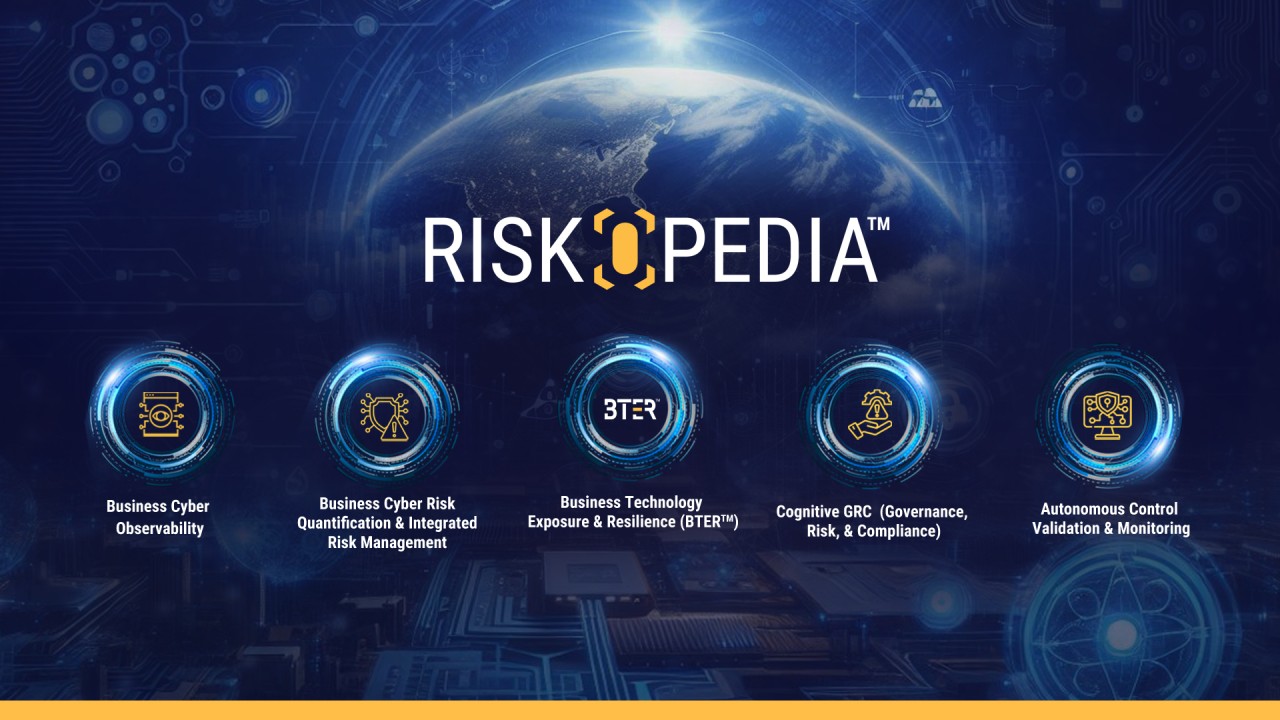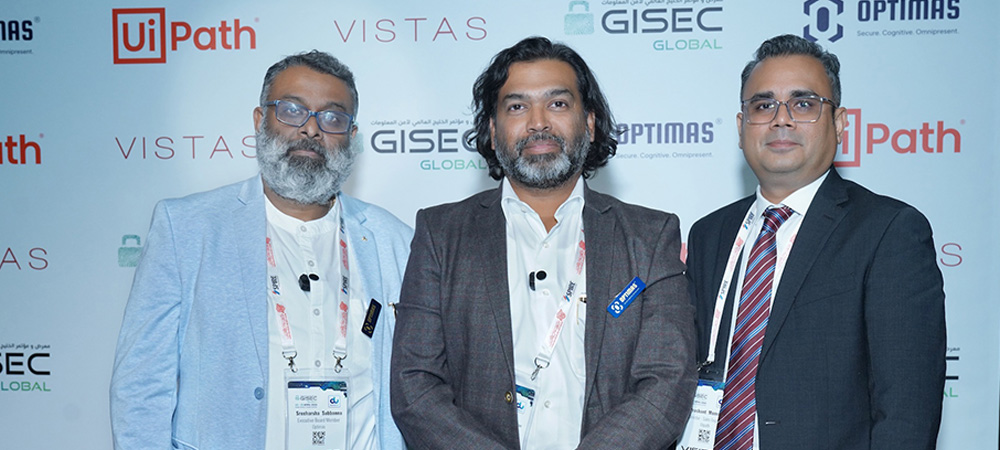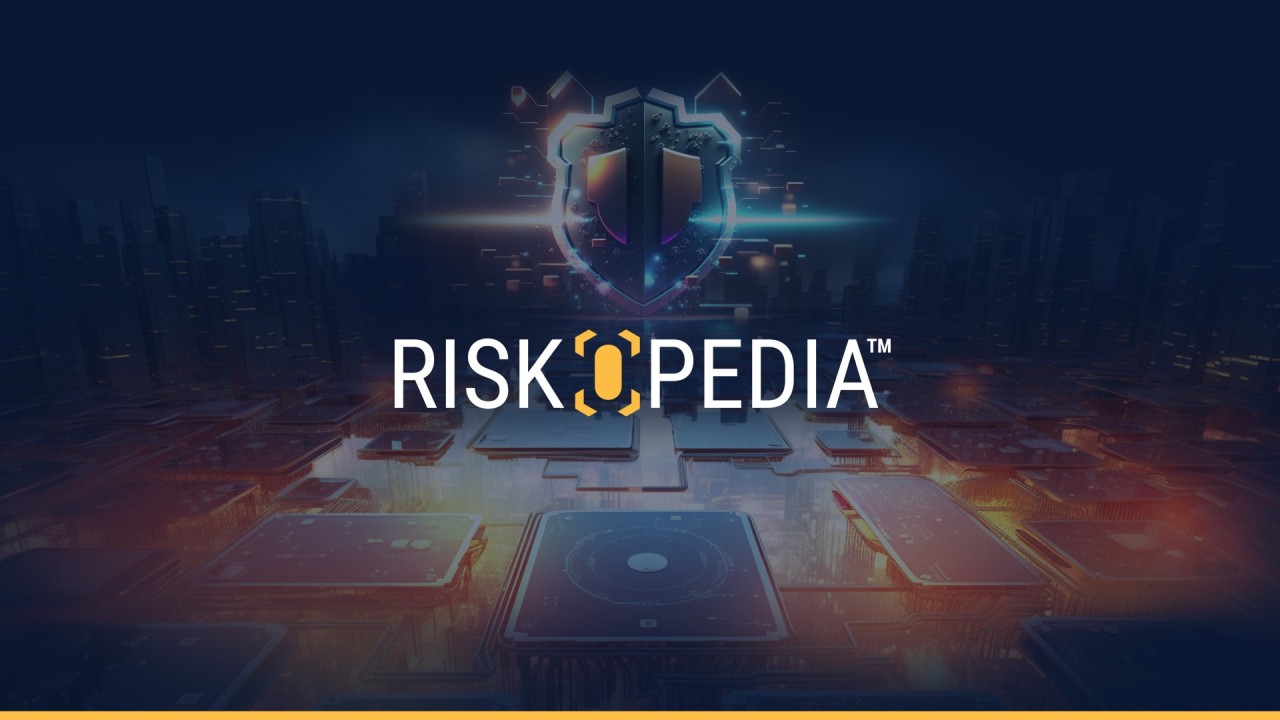Redefining Risk in the Digital Age: Beyond Traditional Management Frameworks

April 16, 2024
As we navigate through digital transformation, it's clear that conventional risk management methods can't keep up with today's evolving digital threats. Our experience shows that these old-school strategies miss the breadth of risks businesses encounter now.
Subjectivity in Risk Perception
Risk, by its nature, is perceived differently by various stakeholders within an organization. What one sees as a negligible threat, another might view as critical. This disparity in perception underlines the need for a more integrated and holistic approach to understanding and managing risks, moving beyond the traditional Enterprise Risk Management (ERM) versus the cybersecurity lens.
The Challenge of Measuring Risk
Conventional methods of risk measurement lack uniformity across organizations, often omitting quantitative business drivers such as revenue, penalties, customers, and reputation. This oversight reveals a critical gap in assessing the real impact of risks on business outcomes.
The Misconception of Risk Quantification
Contrary to common practice, risk quantification isn't merely about assigning dollar values. It's about achieving a universally agreed-upon objectivity throughout the organization. This requires transcending the segmented view of risks as merely cybersecurity, operational, or enterprise-wide issues.
Cyber as a Source, Not a Segment
Cybersecurity is often mistakenly categorized as a distinct segment of risk. However, it is, in reality, a source of potential threats and weaknesses across the technology, people, and process layers of an organization. Acknowledging this helps us see that vulnerabilities in any layer can result in organizational risks.
Balancing Adverse Impact and Opportunity Loss
Risk management is about striking a balance between preventing adverse impacts and avoiding the loss of opportunities. This balance is crucial in decision-making processes, such as choosing between launching a product quickly versus launching it securely.




